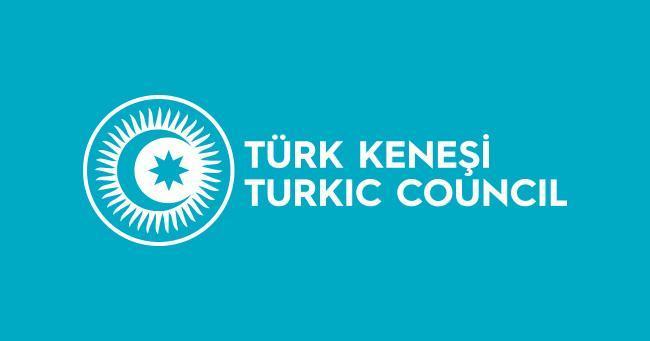
The outbreak of COVID-19 as a global health emergency and the resulting socio-economic crisis is a test for international cooperation. While a general lack of solidarity at the outset of the pandemic alarmed many about the efficiency of existing multilateral structures, there is a growing consensus that cooperation is key to cope with such global challenges, both at the international or global and regional level.
Unfortunately, international cooperation and multilateralism were under significant stress before the outbreak of COVID-19, marked by unfair trade policies, whether existing or newly emerging, and a political discourse focusing on building walls between countries, people and cultures.
Now, everybody wakes up to the fact that borders and fences may be infiltrated by an invisible enemy - the virus. And the challenges it presents to global health and economic systems call for a coordinated response and a multilateral solution.
Interestingly, regional organizations were among the first to ensure the level of multilateral coordination needed to fight against the pandemic and to recover from the crisis, as exemplified by the demonstration of solidarity in the Cooperation Council of Turkic Speaking States (Turkic Council) as a prompt and strong response to the pandemic.
The Turkic Council counts five Member States (Azerbaijan, Kazakhstan, Kyrgyzstan, Turkey and Uzbekistan) and the Observer State Hungary while closely engaging with Turkmenistan on different levels.
Unlike many regional initiatives, whose formation was closely associated with reconciliation and stabilization efforts in post-conflict areas, the establishment of the Turkic Council was inspired by historical brotherhood ties, common language, culture and traditions in the Turkic space. The goal of an initial rapprochement has long been surpassed by strengthened economic, political and technical cooperation among its Member States, presently applying to government, private, academia and NGO sectors, as well as international partners, such as the U.N., the Organization of Islamic Cooperation (OIC) and the Organization for Security and Co-operation in Europe (OSCE).
Following the COVID-19 outbreak, the Turkic Council member countries moved fast in providing necessary medical supply and food support to each other at a bilateral level, including by organizing a virtual emergency summit of the Heads of States, with the participation of the director-general of the World Health Organization (WHO), Dr. Tedros Adhanom Ghebreyesus. Following the summit, cooperation efforts among Turkic Council countries have gained new momentum in the area of health, transport, economy, trade, customs, and migration under the auspices of the Istanbul-based Turkic Council Secretariat.
In the area of health, our countries decided to launch systematic cooperation for prevention, diagnosis and treatment of other dangerous infections in the future, including by the establishment of a new Health Coordination Committee, which will focus on improving practices of healthcare professionals, and developing well-equipped hospitals.
Transport Ministers also agreed on coordinating the uninterrupted flow of food, medical products and humanitarian aid to maintain supply chains, including by the launch of a “green corridor” - an international fast-track transport line for essential goods. In this context, additional transit permits and driver visas were issued while transit-pass fees were reduced, in particular along the Trans-Caspian Corridor.
Meanwhile, Turkic Council Economy Ministers have decided to review import taxes in view of maintaining contactless trade while upgrading digital trade solutions and e-commerce as a crisis response. Further commitments were made to establish joint industrial zones, techno-parks and trade houses.
The establishment of a Turkic Investment Fund was also on the agenda, which will serve as an important financial tool to boost intra-regional trade.
Last but not least, the Turkic Council countries have decided to establish a Migration Coordination Group as they agreed to mutually facilitate the issuance of visas and residence permits for citizens who were strained in other Member States’ territories after the closure of borders.
While these efforts are expected to yield positive results in the fight against the pandemic, no one will have lasting peace until the virus is completely eradicated across the world.
Considering the economic consequences of COVID-19, international partnerships will be also crucial for bringing back economic growth and creating jobs for our citizens. Inter-governmental organizations, such as the Turkic Council, will also have a role to play to achieve long-term recovery.
For our young Secretariat, which was mandated in Nakhchivan 11 years ago, the most important lesson learnt from this pandemic is the fact that in such grave crisis circumstances mutual help and support that our member states can provide each other are not only welcome but are actually the first to come.
The challenges ahead are pushing towards greater regional economic integration while improving the connectivity and competitiveness of our economies. This will not happen overnight, but vision, determination and courage are existing and important components for that mission or “sacred goal” of peace, stability and sustainable socio-economic growth in the Turkic space and beyond.
*Dr. Ömer Kocaman is the Turkic Council Deputy Secretary-General